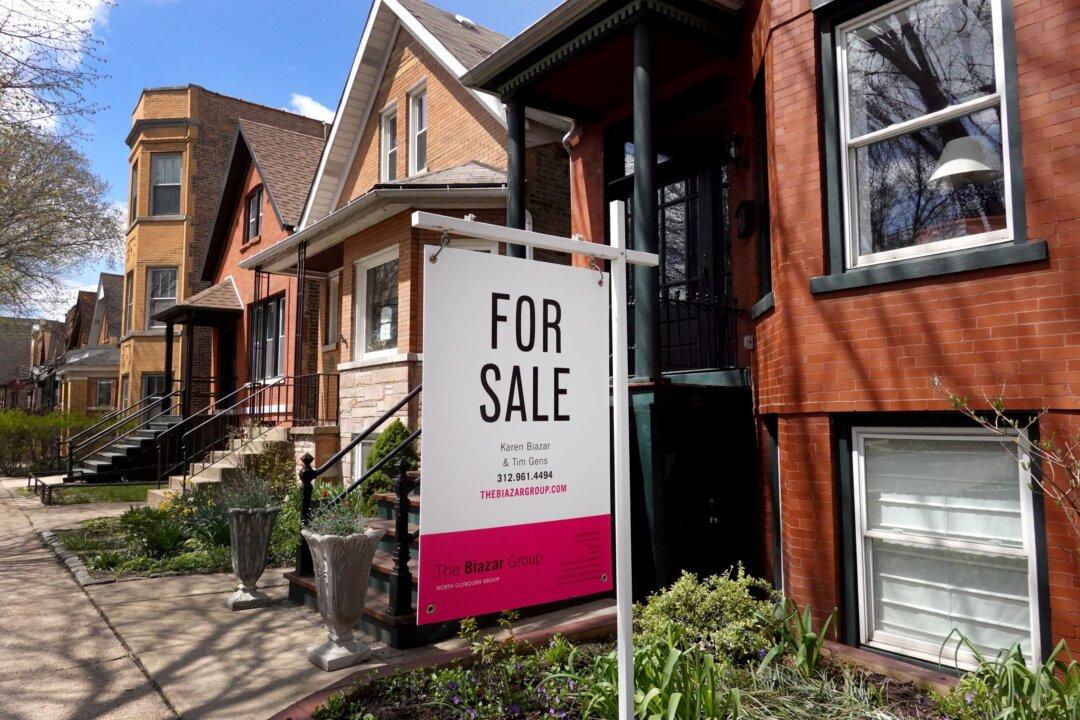With interest rates remaining high, demand for mortgages dropped during the week ended Nov. 4, according to the latest data from the Mortgage Bankers Association (MBA).
The Market Composite Index, which measures mortgage loan-application volume, fell 0.1 percent from a week ago on a seasonally adjusted basis, according to an MBA press release on Nov. 9. The index fell by 2 percent on an unadjusted basis. Mortgage rates had “edged higher” last week after the Federal Reserve indicated that it will continue raising its benchmark interest rate in its attempt to bring down elevated inflation, said Joel Kan, MBA’s vice president and deputy chief economist.





